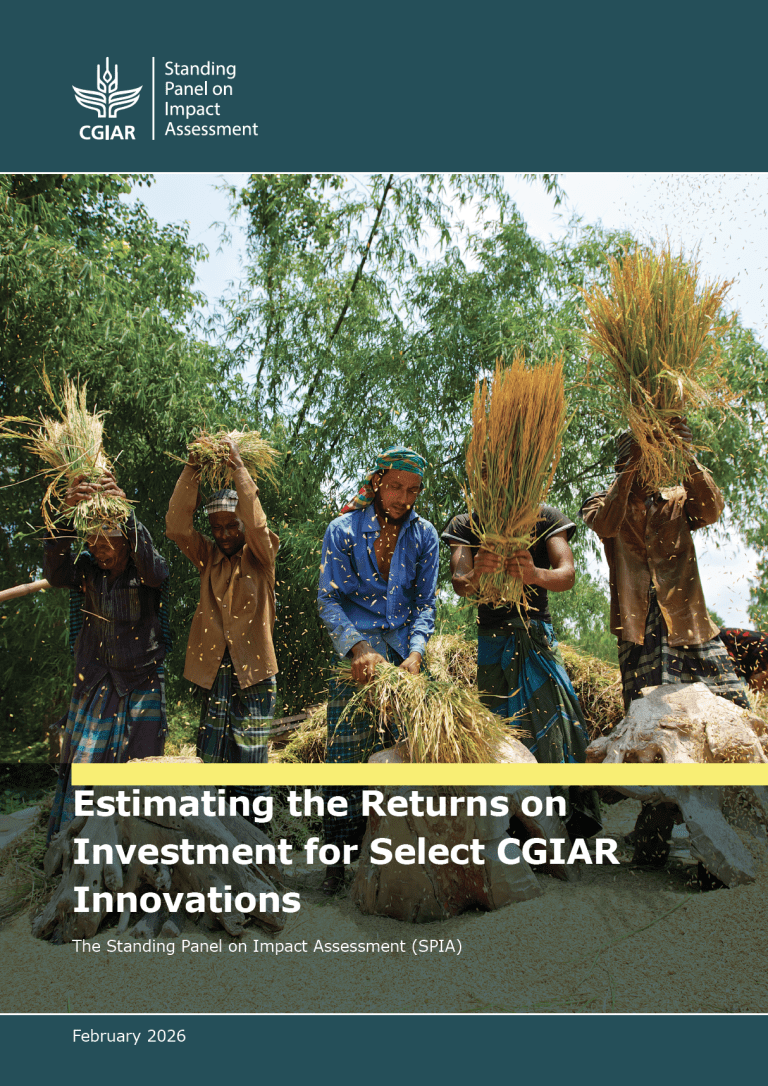Meet Swetha Ramachandran, SPIA’s New Senior Officer for Use of Evidence
Since the second half of 2025, Swetha Ramachandran has been lending her expertise to CGIAR’s Standing Panel on Impact Assessment (SPIA). She blends practitioner insights with rigorous research to improve how impact is measured and understood.

Originally from Chennai, India, Swetha earned her bachelor’s degree from the Tata Institute of Social Sciences. She pursued a master’s in international economics and conflict management at Johns Hopkins SAIS. Shortly thereafter, she moved to eastern Sierra Leone to work on One Health RCTs for Wageningen University. Subsequently, she worked with Forcier Consulting in South Sudan, DRC and Lesotho where she led various projects including nationwide data collection efforts for the Gallup World Poll and evaluating large-scale WASH and livelihoods programs for various donors.
To delve deeper into her emerging insights as a practitioner, she pursued a PhD specializing in International Development at the Graduate Institute, Geneva. Working alongside political scientist David Sylvan and development economist Jean Louis Arcand, her dissertation consisted of 3 essays exploring the political economy of aid allocation by donors. Her thesis touched upon themes of quantifying localization, measuring colonial legacies in aid, and evaluating the effects of private philanthropy on the behavior of other donors. Her research received the Edward Said Award and Dissertation Completion Award from the International Studies Association, and she was a Visiting PhD Fellow at UNU-WIDER. She was also selected as a Bridging the Gap Fellow in 2022 for research bridging academia and policy.
During the PhD, Swetha remained actively engaged in applied policy work. She served as a Consultant to the Research Department at the ILO and later as a Methodologist for UNIDIR. As a part of these roles, she led large-scale needs assessments during COVID-19 and designed panel surveys in conflict-affected settings across the Lake Chad region.
Her work has been published in policy outlets such as ODI’s Humanitarian Practice Network, Geneva Policy Outlook and peer-reviewed academic journals including the Journal of International Development, Journal of Conflict Resolution, International Studies Perspectives, among others.
Working at the intersection of research and policymaking, she is keen to help organizations move beyond buzzwords to truly become “evidence-based” by better measuring, evaluating, and meaningfully presenting their true impacts. She looks forward to contributing to this mission in her role as Senior Officer at SPIA.



